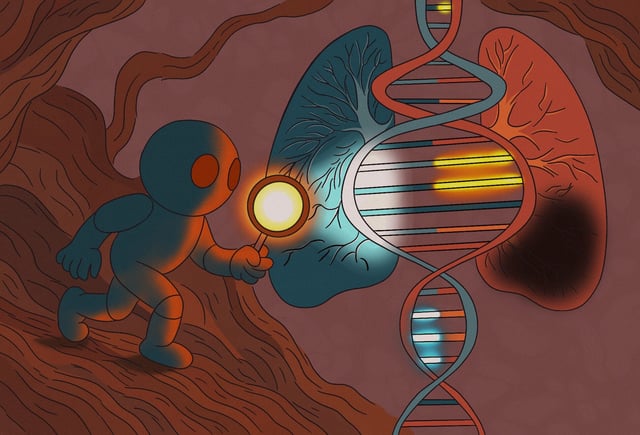Overview
- The TWAVE framework uses a generative AI conditional variational auto-encoder to amplify limited expression data and resolve patterns of gene activity behind complex traits
- By emulating both healthy and diseased states, the model matches changes in gene expression with phenotypic outcomes to identify causal gene sets
- Validation across diabetes, cancer and asthma datasets confirmed TWAVE’s ability to uncover disease-causing gene groups, including those missed by conventional methods
- Findings show that distinct multigene combinations can underlie the same illness in different individuals, supporting the development of tailored treatment strategies
- Supported by the National Cancer Institute, National Science Foundation and Simons Foundation, the study integrates environmental influences into a roadmap for precision medicine
